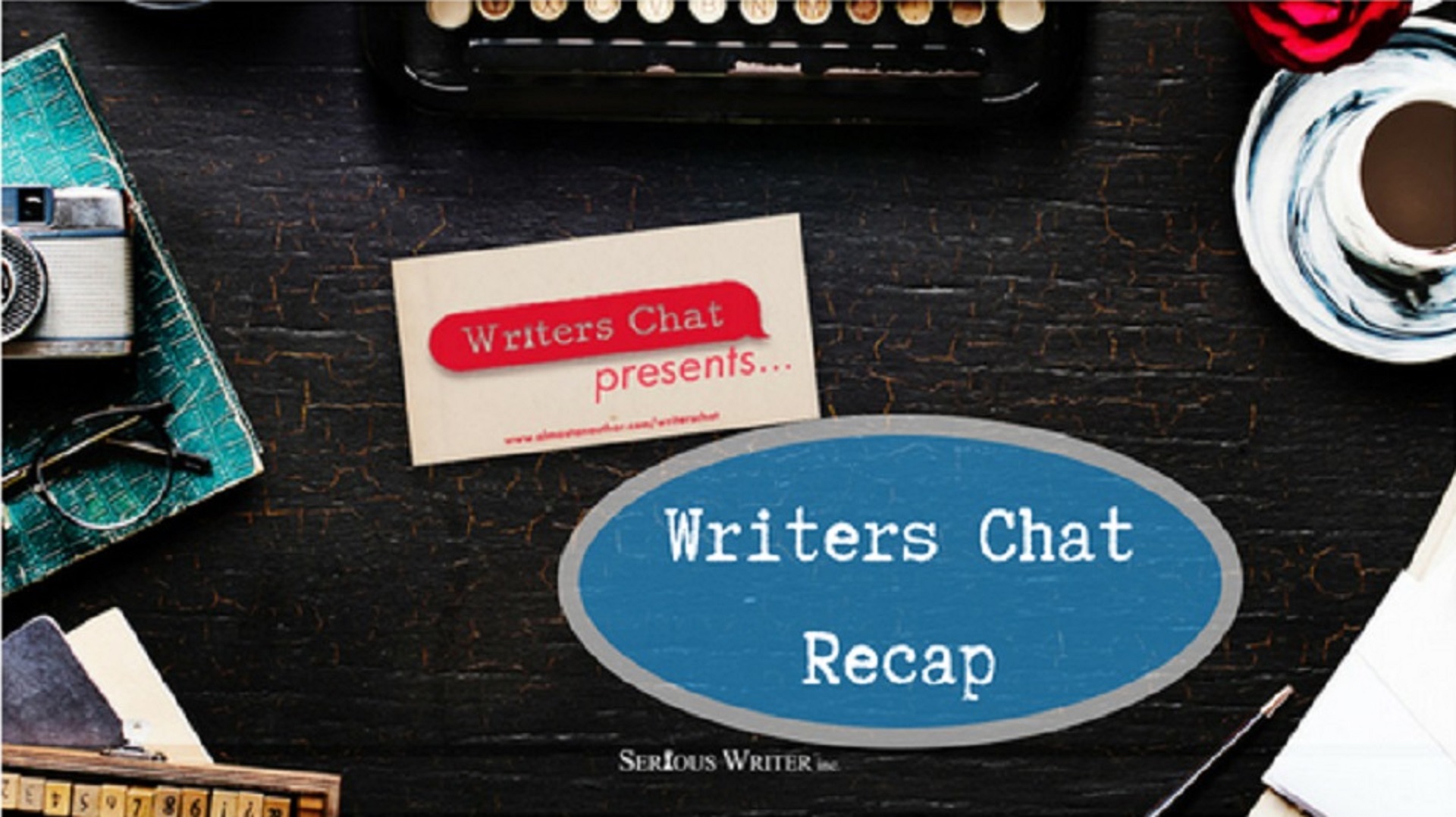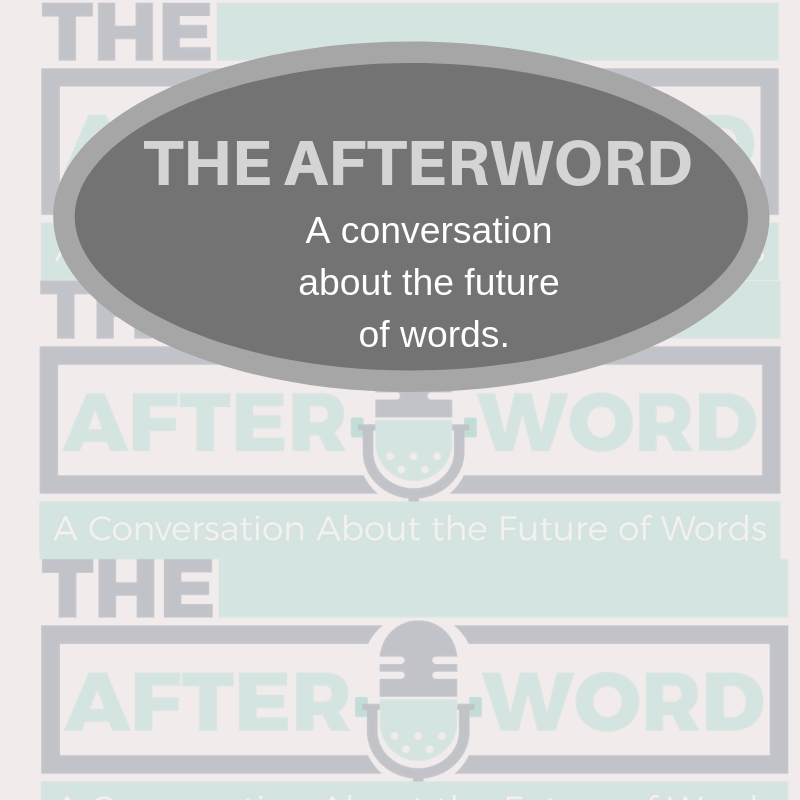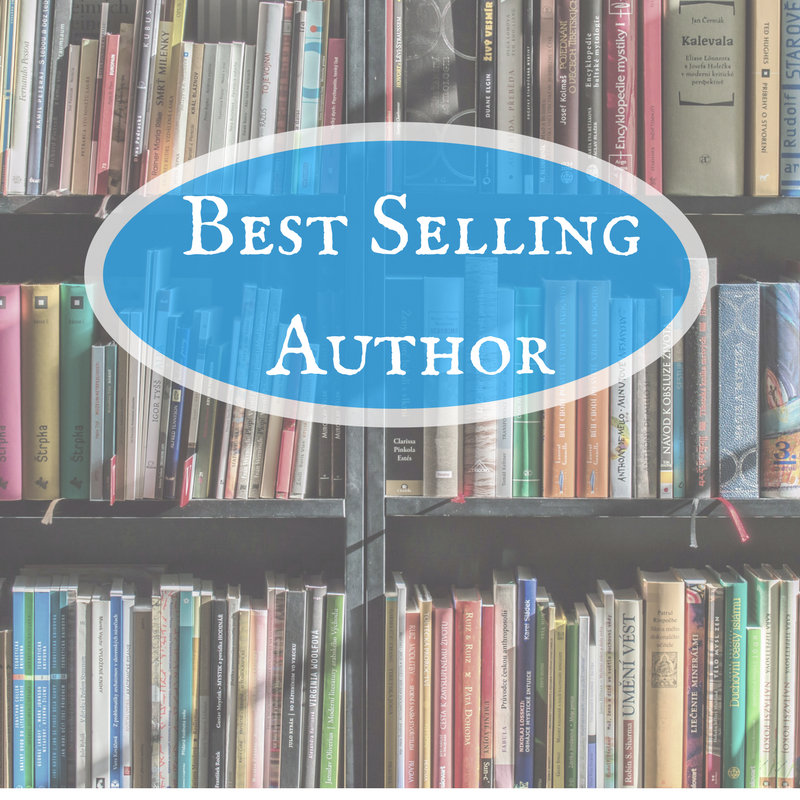
Writers Chat Recap for January
Writers Chat, hosted by Jean Wise, Johnnie Alexander, and Bethany Jett, is the show where we talk about all…
January 31, 2020
Writers Chat, hosted by Jean Wise, Johnnie Alexander, and Bethany Jett, is the show where we talk about all…
January 31, 2020
No matter what you do for a living, there is a big chance that you are running a website…
January 28, 2020
Tari Faris’s debut novel, You Belong With Me, is a multi-layered contemporary romance that brought tears to my eyes and…
January 26, 2020
Whether your novel closes on a cyclone-worthy twist, or a conclusion as warm and satisfying as homemade pie, you’ll…
January 13, 2020
We are closing out 2019 with this episode on foster care and adoption and how the stories we share…
January 10, 2020
Does the word critique fill you with dread? It shouldn’t. I have learned most of what I know about…
January 8, 2020
Can you share a little about your recent book? Christmas on a Mission is my latest book and I’m…
January 1, 2020
Writers Chat, hosted by Jean Wise, Johnnie Alexander, and Bethany Jett, is the show where we talk about all…
December 31, 2019
Brenda S. Anderson writes gritty, authentic, life-affirming fiction that will touch your heart and your spirit. This is the…
December 26, 2019
We’ve written the book, isn’t that enough? Now they want us to write a query, a pitch, a proposal,…
December 25, 2019
Writers Chat, hosted by Jean Wise, Johnnie Alexander, and Bethany Jett, is the show where we talk about all…
December 18, 2019
We came. We pitched. Did we send? Writer’s conferences are well-planned days of speakers, workshops, and opportunities. After pitching…
December 14, 2019
You spent a lot of time and work writing your book, but now comes the hard part. Picking a…
December 13, 2019
Creativity flows when we provide safe and open environments for writers. Offering space for progression and permission to fail…
December 10, 2019
If you want to do excellent work you need to invest in quality tools. A cook needs good knives.…
December 8, 2019
Recently I received a notification on social media about this year’s film awards. Traditionally, November through February is awards…
December 4, 2019
Can you share a little about your recent book? I have three new releases. Homeless for the Holidays…
December 1, 2019
Writers Chat, hosted by Jean Wise, Johnnie Alexander, and Bethany Jett, is the show where we talk about all…
November 30, 2019
Eleanor Bertin is the author of Unbound, a modern twist on a timeless tale of the unique bond between…
November 26, 2019
From my experience in publishing, editors and agents are often slow to respond to submissions. This time lag…
November 25, 2019
Book reviews are critical as a social buy-in for your book and to market your book through higher placement…
November 18, 2019
Writers Chat, hosted by Jean Wise, Johnnie Alexander, and Bethany Jett, is the show where we talk about all…
November 15, 2019Since it’s Veterans Day, this will be a somewhat nontraditional “Writer Encouragement” column. However, the message is as important…
November 11, 2019
Cooking is ancient and every culture has its own twist on how food is prepared. Gathering together and “breaking…
November 10, 2019
If you are a writer, you have probably heard of NaNoWriMo—National Novel Writing Month. Maybe you’ve tried NaNoWriMo in…
November 8, 2019